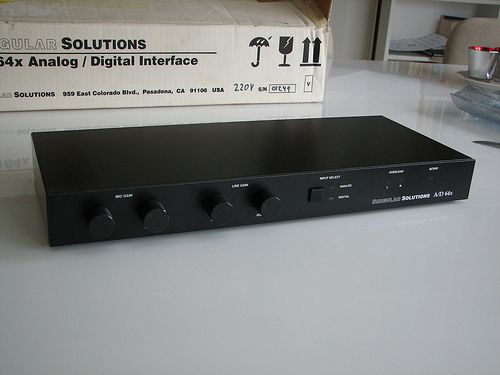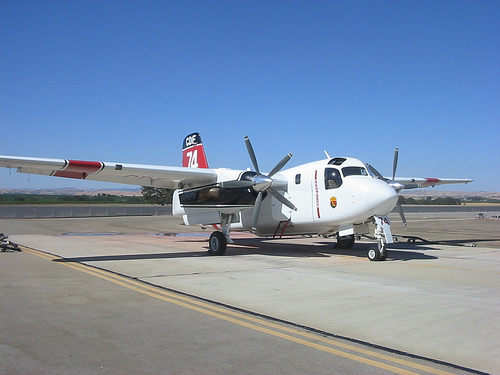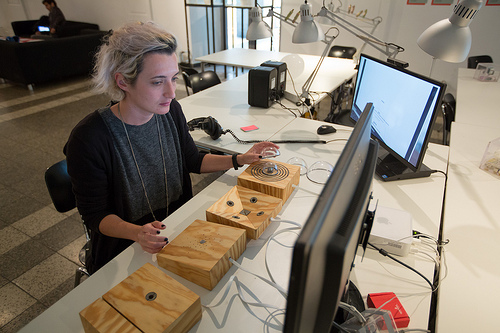Some cool machining solutions images:
Singular Solutions AD64x

Image by gctwnl
Singular Solutions AD64x professional high-end A/D converter which can be used together with a NeXT computer. It is managed via the DSP-interface of the NeXT. Capable of 48kHz recording and has S/P DIF. A machine like this was used for years at the Royal Conservatorium in The Hague, The Netherlands for their performance recordings.
According to the Fall Software and Peripherals Guide (another item in this collection) it features 64 times oversampling delta-sigma conversion (low linearity error), independent digital AES/EBU input and output and microphone preamp with phantom power. What I know is that I have used this a few times and it gives excellent results.
CDF Grumman S2T Turboprop conversion

Image by wbaiv
Here’s a beautiful and well maintained S2 converted to turbo prop power. Waiting at the Paso Robles airport CDF station for forest fire calls. There were 2 S2Ts for dropping fire retardant and one OV-10 Bronco lead-ship/incident command platform, and a museum at the other end of the main runway. Not a lot of traffic on the actual runway, but plenty to see at both ends!
Grumman originally designed the S2 as an anti-submarine patrol plane that could operate from aircraft carriers. It had enough range and endurance to loiter around at low atltitude watching its surface search radar, Magnetic abnormality detector (MAD) boom and sonarbouys. Sensor operators and their electronics were behind the cockpit. If a sub was found, it could be tracked and possibly identified by acoustic signature. In a shooting war, the S2 could launch homing torpedos, drop depth charges, mines and fire rockets.
Thus the "Ironworks" at Grumman designed a very good solution for fighting forest fires, where rapid transit from water supply to fire and back is vital, load carrying ability at low level, maneuverability and overall resilience’
And beautiful too!
100-0002_IMG
LangWidgets / Alisa Goikhman (IL)

Image by Ars Electronica
LangWidgets composes a set of interactive physical widgets and a graphical interface to allow us to wander through semantic fields, as if they were a geographical surface.
The suggested interface examines how acquired conventions of navigation can be implemented as a translation instrument. It enables us to browse through the conceptual relations between words in foreign languages. The goal is to find a visual and technological solution that will allow users to experience and internalize the structure of new vocabulary through their senses rather than memorizing it.
A work by Akisa Goikhman, Holon Institute of Technology (HIT).
Credit: tom mesic